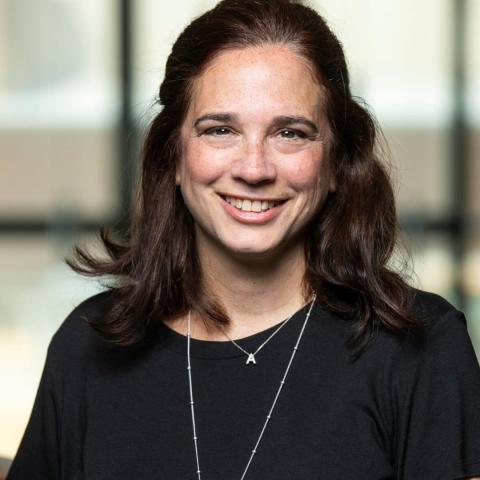-
Nov. 7, 2025
11:30 a.m. - 12:30 p.m.
+ Google CalendarGoodpaster Hall-Room 195Intended AudienceFacultyStaffStudentsAlumniGeneral public

The psychology department welcomes Professor Allison Redlich as the second speaker in its 2025-2026 lecture series: The Psychology of Law. She will present on "The Corruptive Influence of False Confessions."
False confessions are a contributing factor in about 12-30% of wrongful convictions. The effects of these false admissions of guilt have been found to go beyond the wrongful conviction of an innocent person, however. In this talk, Prof. Redlich will discuss her research on the Cumulative Disadvantage Framework (CDF). In brief, the CDF details how false confessions can corrupt evidence gathering, bias forensic analysis, virtually ensure wrongful conviction, and then go on to influence the ability to be exonerated and even events after exoneration.
Professor Redlich is a distinguished university professor in the Department of Criminology, Law and Society at George Mason University, and is the past President of the American Psychology-Law Society. She was trained as an experimental psychologist but uses multiple methods to conduct her research. To a large degree, her research centers on whether legal decision-making is knowing, intelligent, and voluntary. She examines such decision-making in vulnerable (juveniles and persons with mental health problems) and non-vulnerable defendants, and across several different contexts—in the interrogation room, during the guilty plea process, and in mental health courts. Professor Redlich also studies wrongful convictions, with a particular focus on false confessions and false guilty pleas. In addition to publishing numerous articles on these and related topics, she has co-authored/edited six books, most recently a handbook on developmental psychology and the law. To pursue her research, Professor Redlich has received funding from the National Science Foundation, the National Institute of Justice, the Brain and Behavior Research Association, the Federal Bureau of Investigation, and others. She especially enjoys working with and mentoring undergraduate and graduate students and is the recipient of two national mentoring awards.
This event may be used to satisfy the Lecture Reflection Requirement in PSYC206 and PSYC493/494.
Sponsor(s)Department of Psychology, Lecture & Fine Arts CommitteeLibby Williamsenwilliams@smcm.edu240-895-4467Lecture
